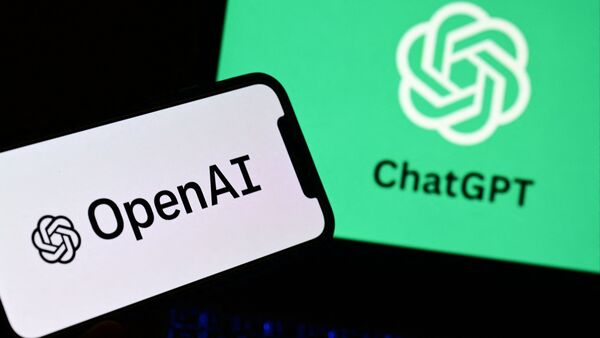OpenAI is making significant strides in incorporating its ChatGPT technology into educational environments. This initiative follows initial apprehensions regarding the potential misuse of the AI tool for academic dishonesty. Brad Lightcap, the chief operating officer of OpenAI, unveiled during the INSEAD Americas Conference in San Francisco the formation of a specialized team to explore the educational possibilities of ChatGPT.
The launch of ChatGPT initially triggered a surge in generative AI excitement. The tool’s capacity to generate fresh, human-like content, spanning from essays to novel drafts, initially raised concerns among educators worldwide. Many were alarmed by its potential to facilitate cheating and plagiarism in academic settings, prompting swift criticism and constraints in educational institutions.
“Teachers perceived it as a significant challenge,” as reported by Reuters citing Lightcap. “(Now) the majority of teachers are contemplating ways to integrate (ChatGPT) into their curriculum and teaching practices.”
Lightcap further stated, “At OpenAI, we are committed to assisting them in navigating this issue, and we are likely to establish a dedicated team for this purpose next year.”
Educators, who were initially cautious, are now acknowledging the possible advantages of ChatGPT in the field of education, according to Lightcap. The technology’s ability to support various aspects of learning, such as generating creative content and offering personalized tutoring, is gaining recognition.
The proposed team at OpenAI will build upon the company’s ongoing endeavors to tailor ChatGPT for educational use. OpenAI has already initiated partnerships with educational institutions like Khan Academy to develop AI-driven tutoring tools and with Schmidt Futures to back educational projects in underserved communities.
Projected Education Market Growth to $10 Trillion
The potential for AI in education is immense, with global expenditures on education and training forecasted to reach $10 trillion by 2030. ChatGPT could serve as a versatile asset in classrooms, providing services that range from customized learning materials to supporting teachers in curriculum design, according to the company.
Andrew Mayne, a former OpenAI staff member and current AI consultant, highlights the diverse applications of ChatGPT in education. It can function as an impartial tutor for students, catering to various learning preferences and assisting teachers in crafting engaging and diverse educational resources.






